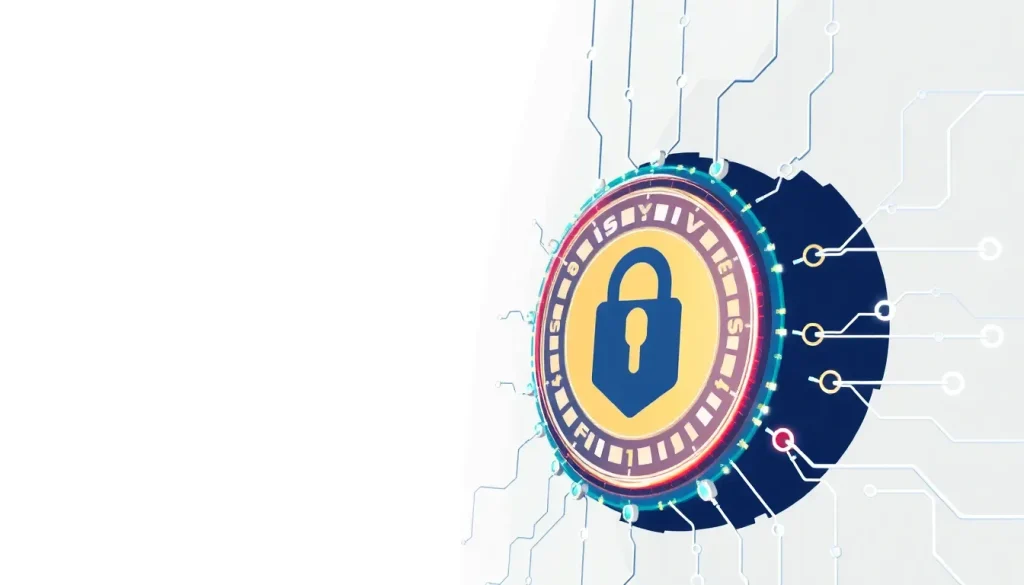The importance of a cybersecurity validation standard

Understanding the need for cybersecurity validation standards is crucial in today's digital landscape. As cyber threats become increasingly sophisticated, organizations must recognize that merely having defenses in place is not enough. A proactive approach, grounded in validation, can be the difference between security and vulnerability.
Many organizations operate under the false assumption that because they have not yet experienced a cyberattack, their defenses are sufficient. This complacency can lead to dire consequences, especially when faced with the reality of ransomware and other significant cyber threats affecting companies worldwide. It’s essential to shift the mindset from a reactive to a proactive approach in cybersecurity.
The critical role of validation in cybersecurity
Validation in cybersecurity refers to the process of assessing and verifying the effectiveness of an organization's security measures. This is vital for several reasons:
- Identifying Vulnerabilities: Regular validation can help organizations uncover security gaps before they are exploited.
- Benchmarking Security Posture: It provides an objective measure of how security practices compare against industry standards.
- Enhancing Trust: With validated defenses, organizations can build trust with clients and partners, reassuring them that their data is protected.
- Compliance Requirements: Many industries are subject to regulations that mandate regular security validations.
Without a standard for validation, organizations may feel they are secure simply because they haven’t been attacked. However, this is a dangerous assumption. The reality is that many breaches go undetected until it’s too late.
Why are security standards essential?
Establishing security standards is critical to creating a unified approach to cybersecurity across various industries. These standards help organizations to:
- Standardize Best Practices: Security standards codify best practices, ensuring that organizations follow proven methodologies to protect their assets.
- Facilitate Compliance: They help organizations meet legal and regulatory requirements, thereby avoiding penalties.
- Encourage Continuous Improvement: Standards promote a culture of continuous improvement, where organizations regularly assess and enhance their security measures.
Without these standards, organizations may find themselves lost in a sea of disparate practices that can leave them vulnerable to attacks.
The importance of validating threat statements
Validating threat statements is an essential part of any cybersecurity strategy. This process involves assessing the credibility and potential impact of identified threats. Here’s why it matters:
- Resource Allocation: It helps organizations prioritize their resources, focusing on the most significant threats first.
- Improved Risk Management: Validating threats provides a clearer understanding of risks, allowing for better risk management strategies.
- Enhanced Incident Response: Organizations can develop more effective response plans when they understand the threats they face.
By validating threats, organizations can take a more informed approach to cybersecurity, ensuring that their defenses are tailored to the risks they are most likely to encounter.
What is the purpose of cybersecurity regulations?
Cybersecurity regulations serve to protect organizations from cyber threats while ensuring that they maintain adequate security measures. These regulations often aim to:
- Protect Sensitive Data: Regulations set requirements for the protection of sensitive data, ensuring that organizations take necessary precautions.
- Promote Accountability: By enforcing regulations, organizations are held accountable for their security practices.
- Encourage Transparency: Regulations often require organizations to disclose breaches, promoting transparency and trust in the marketplace.
However, implementing these regulations can be challenging, especially for smaller organizations with limited resources. This is where the need for cost-effective validation standards comes into play, allowing organizations to meet regulatory requirements without overspending.
The need for an independent cybersecurity validation body
Currently, there is a lack of independent bodies that provide objective assessments of cybersecurity practices. Most entities that offer security consulting services have a vested interest in selling their products. This can lead to a lack of trust among organizations seeking genuine assessments of their cybersecurity measures.
By creating an independent organization similar to STAC, businesses can undergo cybersecurity assessments that are impartial and focused on their specific needs. This organization could:
- Develop Cybersecurity Tests: Create tests that assess the cybersecurity infrastructure of organizations.
- Provide Ratings: Offer ratings based on the effectiveness of the current security measures in place.
- Identify Vulnerabilities: Help organizations identify specific vulnerabilities and areas for improvement.
Such a model could transform the landscape of cybersecurity, creating a culture where businesses are incentivized to improve their defenses collaboratively.
Collaboration for stronger cybersecurity defenses
The best way for organizations to enhance their cybersecurity collectively is to collaborate and invest in the development of validation tests. Here are several strategies they could adopt:
- Pooling Resources: Organizations could pool their resources to fund the establishment of a validation body.
- Setting Minimum Standards: Collaborate to establish minimum validated cybersecurity levels for partnerships.
- Engaging with Insurers: Work with cybersecurity insurance providers to ensure that minimum security standards are met.
By establishing a standard practice for cybersecurity validation, organizations can significantly reduce their risks and foster a more secure digital environment.
As the digital landscape continues to evolve and cyber threats become increasingly sophisticated, organizations must prioritize cybersecurity validation. This proactive approach will not only help protect sensitive data but also enhance the overall trust and integrity of the digital ecosystem.
For further insights on the importance of cybersecurity standards, you may find the following video particularly enlightening:




Leave a Reply